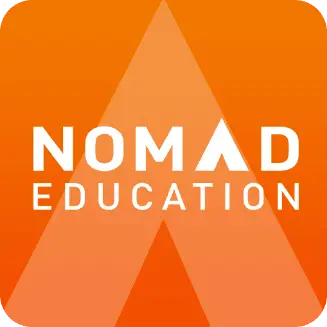J’utilise correctement le passif
We generally use the Passive in the following situations:
- When we are not interested in the doers of the action or when we do not know them.
Ex: The trees have been cut.
- When we are solely interested in the person, animal or object that experiences an action rather than in the doer of the action.
Ex: The house was built in 2010. (We are interested in the house, not in who built it.)
- When we don’t want to take responsibility or when we don’t want to be accusing.
Ex: The window’s glasses have been broken. (We don’t want to be accusing)
- When we want to be more formal especially in writing.
Ex: Our planet is wrapped in a mass of gases.
The form of the Passive is:
Subject + Auxiliary ‘’to be’’ + Past participle
- Present Simple: Street children are often ill-treated.
- Present Continuous: The school is being built.
- Present Perfect: The boy has been punished.
- Preterit: The meeting was held last week.
- Past Continuous: The market was being cleaned yesterday morning.
- Past Perfect: The president had been reelected once.
- The future: She will be invited to the wedding.
- The Conditional: The job would be done.
- Modals: The people must be sensitized.
This exercise can be done easily.
The impersonal Passive
The impersonal Passive is used to report what is said by people or by an unspecified group of people.
- Common verbs used in impersonal passive forms:
[Say, believe, report, declare, suggest, consider, estimate, assume, announce, claim, expect, propose, suppose, understand, agree, allege, find, know, mention … ]
- It is said that…
(It + Passive verb + that + Subject + verb + object)
Ex: It is said that the President is to resign.
It is said that the company recruits hundreds of young people.
- To infinitive impersonal passive
(Subject + passive verb + to infinitive)
Ex: The thief is believed to live in the surroundings.
The exam is considered to be difficult.
The Passive with the expression “Have something done”
(Subject + to have + object + past participle)
Ex: I am having my bike repaired by the mechanic.
He had his house built last year.


